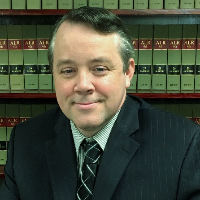Elkmont Felony Lawyer, Alabama
Sponsored Law Firm
-
 x
x

Click For More Info:
-
The Moore Firm, LLC
917 B Merchants Walk Huntsville, AL 35801» view mapCriminal Defense Law Assertive. Dedicated. Thorough.
The Moore Firm, LLC knows how to interpret Alabama law to your best advantage. Our lawyers are passionate about their work and fearlessly strive for the results you require.
800-899-8050
Not enough matches for Elkmont Felony lawyer.
Below are all Elkmont Criminal lawyers.
Jennifer Halsey Castro
Personal Injury, Family Law, Immigration, Criminal
Status: In Good Standing Licensed: 14 Years
Thomas Holmes Guthrie
Government, Divorce & Family Law, Criminal, Accident & Injury
Status: In Good Standing Licensed: 37 Years
Richard Patrick Chesnut
Lawsuit & Dispute, Federal Appellate Practice, Government, Criminal
Status: In Good Standing Licensed: 23 Years
John Michael Totten
Family Law, Divorce & Family Law, Criminal, Personal Injury, Accident & Injury
Status: In Good Standing
Harlan D. Mitchell
Criminal, DUI-DWI, Divorce & Family Law, Car Accident, Collection
Status: In Good Standing
FREE CONSULTATION
CONTACTWilliam Glenn Mathews
Lawsuit, Divorce & Family Law, Criminal, Accident & Injury
Status: In Good Standing Licensed: 35 Years
FREE CONSULTATION
CONTACT Shannon Moore Huntsville, AL
Shannon Moore Huntsville, AL Practice AreasExpertise
Practice AreasExpertise
